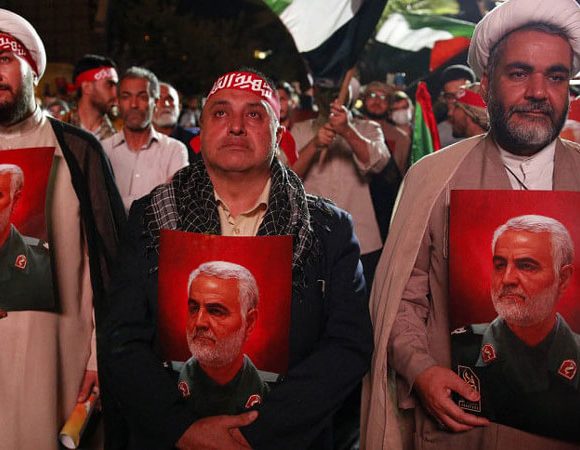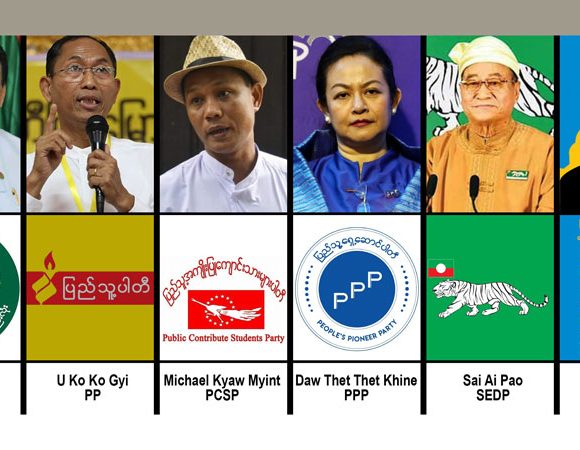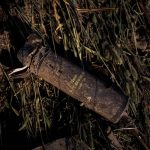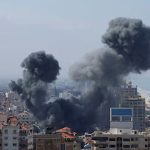Myanmar military should be investigated for war crimes: Amnesty International
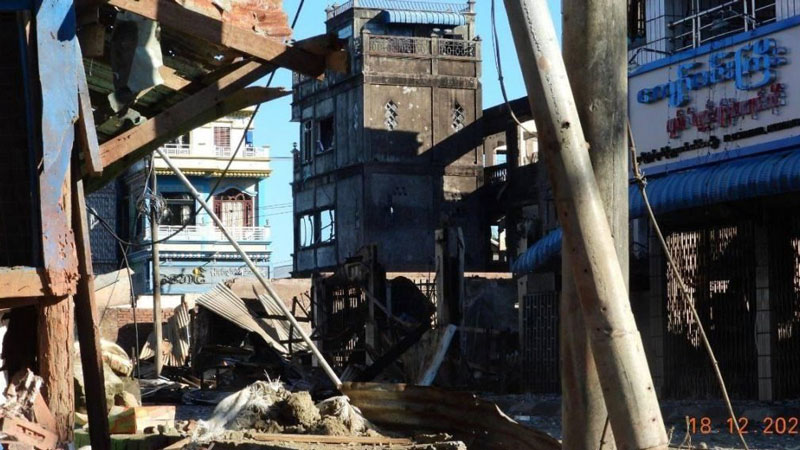
Amnesty International said on Thursday that Myanmar military should be investigated for war crimes for indiscriminate attacks on civilian targets as well as the use of banned cluster munitions in response to the major offensive launched by ethnic armed groups and allies in late October, The Irrawaddy reports.
“Myanmar’s military has unlawfully killed, arbitrarily detained and stolen from civilians as it struggles to contain the heaviest outburst of armed resistance since the 2021 coup,” it said in a press release on Thursday.
The junta significantly increased attacks on civilians after the Brotherhood Alliance of three ethnic armies – the Arakan Army, the Myanmar National Democratic Alliance Army, and the Ta’ang National Liberation Army – launched coordinated attacks on junta outposts and positions in northern Shan State on Oct 27. The alliance named the attacks Operation 1027 after the date they began.
Other resistance groups joined the attacks, which expanded beyond northern Shan State and have been described as the biggest military challenge faced by the junta since the coup.
Amnesty said the Myanmar military likely used cluster munitions in an airstrike on Namkham Town in northern Shan State in early December.
Cluster munitions are banned internationally because they are inherently indiscriminate. Their use constitutes a war crime.
Amnesty’s weapons investigator analyzed five photographs of ordnance scrap recovered at the scene and identified the remains of a cluster munitions dispenser, the rights group said.
According to local reports, four residents, including a novice monk, were killed by the junta airstrikes on Namkham on the night of Dec. 1.
Amnesty International previously documented the military’s unlawful use of cluster munitions in attacks on a community gathering in a school in Mindat Township in Chin State in July 2022, on a village in Demoso Township in Kayah State in April 2022, and during fighting in Karenni (Kayah) State in the same month.
Amnesty said it has recently documented likely indiscriminate attacks against civilians and civilian targets in Rakhine State through interviews with civilians from Pauktaw Township, and analyzed photographs, video material and satellite imagery. The attacks should be investigated as war crimes, it said.
On Nov. 16, junta helicopters and ships fired into Pauktaw Town while several hundred civilians had yet to evacuate.
Three women — two teachers and a pregnant vendor — were killed while hiding inside the Lawka Hteik Pan compound, according to one person who was also taking shelter in the compound and another person who saw the bodies, Amnesty said. It said it could not independently determine how the women were killed, but the person who saw their bodies indicated they had gunshot wounds.
A 76-year-old monk was killed in the same compound on the same day. A person who saw the body told Amnesty International the monk was “killed by a strike, not gunfire.”
The junta has also detained more than 170 civilians in Rakhine State since fighting resumed between its troops and Arakan Army last month, according to data collected by civil society organizations in the western state.
Matt Wells, Director of Amnesty International’s Crisis Response Program, urged the UN Security Council to impose an arms embargo to protect civilians from further catastrophe.
As the world stands by, the Myanmar military is again showing the brutality it unleashes on civilians, he said.
“Nearly three years after the coup, the suffering of civilians across Myanmar shows no signs of easing,” Wells said. “The military’s impunity must finally end. We reiterate our call to refer the situation in Myanmar to the International Criminal Court and bring the perpetrators of crimes under international law to justice.”
As of Dec. 15, the UN said the violence since Oct. 27 had reportedly killed at least 378 civilians, injured 505 more, and displaced more than 660,000 people, adding to the nearly 2 million previously displaced across the country.

